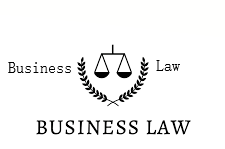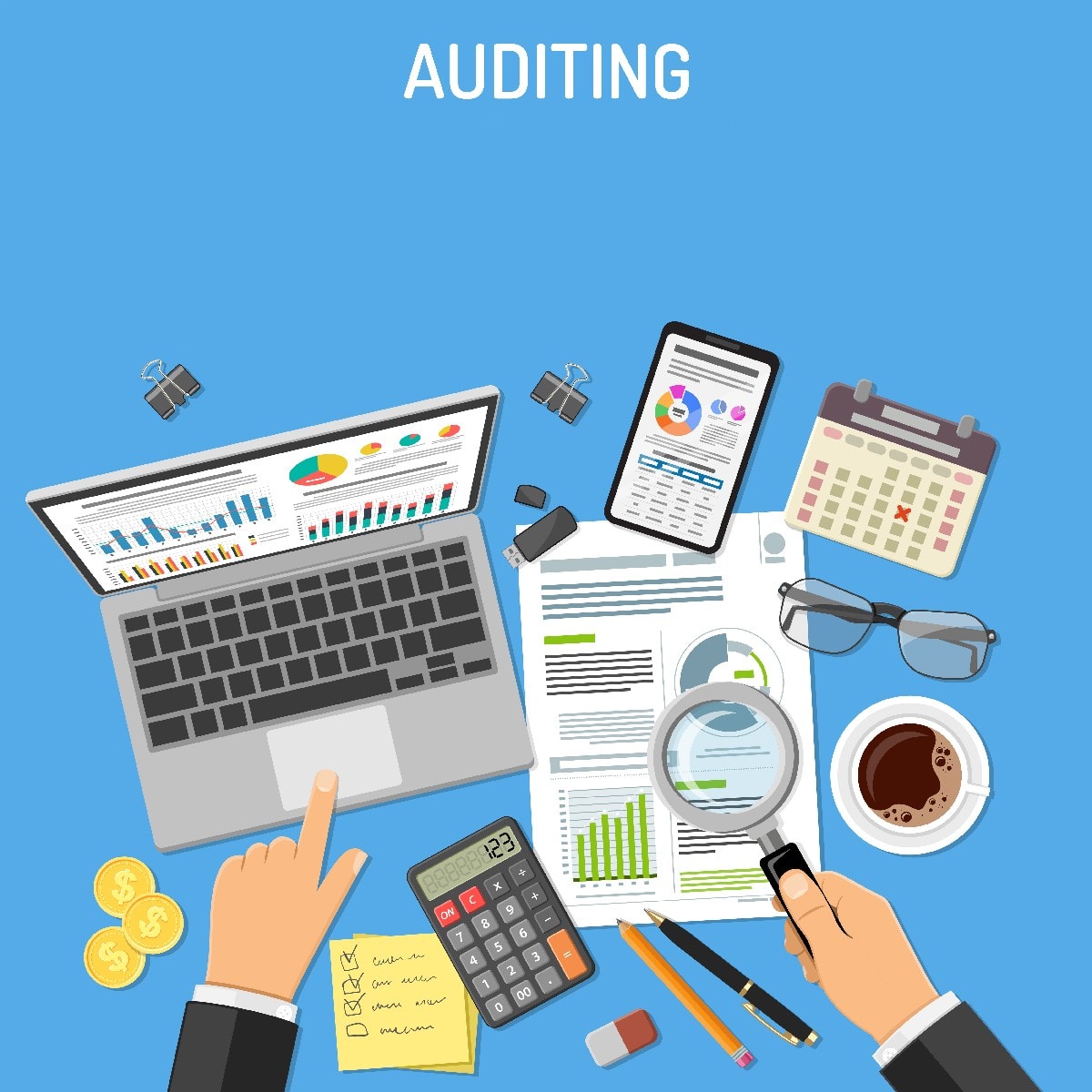Course Description: This course will enable the students to understand the current economic problems in India and highlights the important economic sectors and challenges faced by them in the recent years.
Course Objectives: To provide an overview of Indian economy and to make the student acquaint with the latest developments in the economy
Course Outcome:
CO1. To get an overview of Indian Economy.
CO2. To make the students acquainted with the latest developments in the Economy.
CO3. Students will come across with the problems and success of LPG Policy
CO4. Know the positive and negative impacts of LPG.
CO5. Students will know and understand nations problems
CO6. Learn the measures to solve the problems of the nation.

- Teacher: GISA GEORGE
Course descriptions:
Cost accounting is a 4 credit course with 52 sessions focusing on Basic Costing concepts, methods and techniques of Cost accounting.
To make the students acquire the knowledge of cost accounting methods.
Course Outcome:
CO1) Express the place and role of cost accounting in the modern economic environment
CO2) Identify the specifics of different costing methods.
CO3) Apply Costing Concepts in their business and cost related areas.
CO4) Emphasis will be placed upon the application of cost accounting theory in the
solution of problems.
CO5) Explain the similarities and differences between job order cost and process cost
systems and determine who uses each.
CO6) Apply activity-based costing to service industries.
CO7) Appear confidently for Cost Accounting based college / Professional Course
Examinations.
- Teacher: DURGA VAIDEHI G
COURSE DESCRIPTION: Business law encompasses all of the laws that dictate how to form and run a business. It deals with the laws on the basis of which every deal between people and commercial firms are governed.
Business Law is 4 Credit course.
COURSE OBJECTIVE: To make the students acquire basic conceptual knowledge of different laws relating to Business.
COURSE OUTCOMES:
CO1: Students discern the evolution of Business Law and Indian Contract Act,1872
CO2: Students knew the different types of business contracts existing under the Indian Contract Act,1872
CO3: Students assimilate the various modes of discharge of contract
CO4: Students learn the various modes of breach of contract and remedies available under Indian Contract Act, 1872
CO5: Students understand the difference between Contract of Sale and Agreement to sell
CO6: Students analyze the vital role of Consumer Forums at various levels in solving consumer disputes through Consumer Protection Act
CO7: Students acquaint with the norms and procedure to register the trade Marks, Patents and Copy Rights
CO8: Students infer the duration, renewal procedure of Trade Marks, Copy Rights, & Patents and Copy Rights Infringement Punishments
CO9: Students learn the significance and evolution of IT Act and to give legal recognition, Penalties and adjudication to any transaction which is done by electronic way or use of internet
CO10: Students recognize the aim of Environmental Protection Act to protect from pollution and maintaining ecological balance for sustainable development

- Teacher: PRIYANKA S
Course descriptions: The course is designed to provide in-depth study of auditing principles, concepts, and practices as it applies mainly to business and investors.
Course objective: To understand meaning and elements of auditing and gain knowledge for execution of audit.Course Outcome:
CO1) Students will understand how the concept of auditing was evolved and how it has been helping organisations
CO2) Students will learn who is the right person
to conduct audit, what are his qualifications and disqualifications
CO3) Students will learn what are internal
controls in an organisation and how are they helpful for smooth running of an
organisation
CO4) Students will learn what is internal audit
how is it helpful in betterment of an organisation
CO5) Students will learn what are the various
types of audit and which type of audit is adopted in different kinds of an
organisation
CO6) Students will learn difference between
vouching, verification and valuation and their importance in auditing

- Teacher: GISA GEORGE
|
Course Instructor: Asst. Prof. Sri Sai Chilukuri M.Com, UGC NET, TSSET, (Ph.D.) |
|
Course Description: Computerized Accounting involves using computers and accounting packages for recording storing and analyzing financial data. Tally Software is a complete accounting, inventory, taxation and payroll software. It is one of the best and most commonly used software applicable for small business houses and big financial companies. Learning of computerized accounting makes the entire process of preparing financial accounts faster and simple. The Financial Statements and reports can be generated at the click of a button. It relives the accountants from routine and time consuming process of manual accounting. Financial Data processed through accounting software is easily accessible, accurate, reliable, cost effective and secure. |
|
Course Significance: Learning Computerized accounting is imperative for students seeking jobs in accounts department of any company. It gives the learner the required skills to carry out range of day-to-day accounting activities. Learning Tally also makes it easy to adapt to any other package designed for accounting. By learning the advanced features of Tally related to Taxation and payroll the candidates will be eligible for the posts of (in Government & Private) Assistant Clerks in Tax Departments, Junior Accountants in Companies, Corporations and Boards. Audit Assistant in co-operative departments. Office Assistant/ Accounts Clerk/Accounts Assistant/ Assistant Commercial Tax Practitioner, assistant income tax practitioner, Data Entry Operator, Entry level accounts analyst in BPO. |
|
Course Objective: [1] To make the students to acquire the knowledge of computer software |
|
Course Learning Outcomes: CO1) This course aims at providing Computerized Accounting skills to the students. CO2) The students will learn the procedure of transition of manual accounting to computerized accounting. CO3) The student will gain the competence to perform all basic functions of accounting, store details and manage inventory items. CO4) Students will be capable of using accounting software for business communication and accounting purposes. CO5) Students will be able to account for purchases and inventory transactions (creating purchase orders, handling invoices, maintaining inventory control) using a computerized accounting software package. CO6) Students will be able to account for customer and sales related events (maintaining and analyzing customer data, billing, bank deposits and accounts receivable) using a computerized accounting software package CO7) Will be able to ascertain profits and Financial position of the organization. CO8) Will be able to generate reports like Profit and Loss statement, Balance Sheet, Trial Balance, Cash-flow report, etc. and facilitate in decision making. |

- Teacher: Dr. SRI SAI CHILUKURI
|
Course Instructor: Asst. Prof. Sri Sai Chilukuri M.Com, UGC NET, TSSET, (Ph.D.) |
|
Course Description: Computerized Accounting involves using computers and accounting packages for recording storing and analyzing financial data. Tally Software is a complete accounting, inventory, taxation and payroll software. It is one of the best and most commonly used software applicable for small business houses and big financial companies. Learning of computerized accounting makes the entire process of preparing financial accounts faster and simple. The Financial Statements and reports can be generated at the click of a button. It relives the accountants from routine and time consuming process of manual accounting. Financial Data processed through accounting software is easily accessible, accurate, reliable, cost effective and secure. |
|
Course Significance: Learning Computerized accounting is imperative for students seeking jobs in accounts department of any company. It gives the learner the required skills to carry out range of day-to-day accounting activities. Learning Tally also makes it easy to adapt to any other package designed for accounting. By learning the advanced features of Tally related to Taxation and payroll the candidates will be eligible for the posts of (in Government & Private) Assistant Clerks in Tax Departments, Junior Accountants in Companies, Corporations and Boards. Audit Assistant in co-operative departments. Office Assistant/ Accounts Clerk/Accounts Assistant/ Assistant Commercial Tax Practitioner, assistant income tax practitioner, Data Entry Operator, Entry level accounts analyst in BPO. |
|
Course Objective: [1] To make the students to acquire the knowledge of computer software |
|
Course Learning Outcomes: CO1) This course aims at providing Computerized Accounting skills to the students. CO2) The students will learn the procedure of transition of manual accounting to computerized accounting. CO3) The student will gain the competence to perform all basic functions of accounting, store details and manage inventory items. CO4) Students will be capable of using accounting software for business communication and accounting purposes. CO5) Students will be able to account for purchases and inventory transactions (creating purchase orders, handling invoices, maintaining inventory control) using a computerized accounting software package. CO6) Students will be able to account for customer and sales related events (maintaining and analyzing customer data, billing, bank deposits and accounts receivable) using a computerized accounting software package CO7) Will be able to ascertain profits and Financial position of the organization. CO8) Will be able to generate reports like Profit and Loss statement, Balance Sheet, Trial Balance, Cash-flow report, etc. and facilitate in decision making. |

- Teacher: Dr. SRI SAI CHILUKURI
- Teacher: Dr. SRI LAKSHMI RAMU
- Teacher: Dr. SRI LAKSHMI RAMU